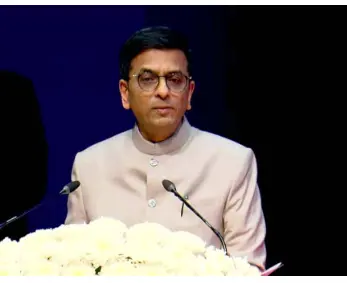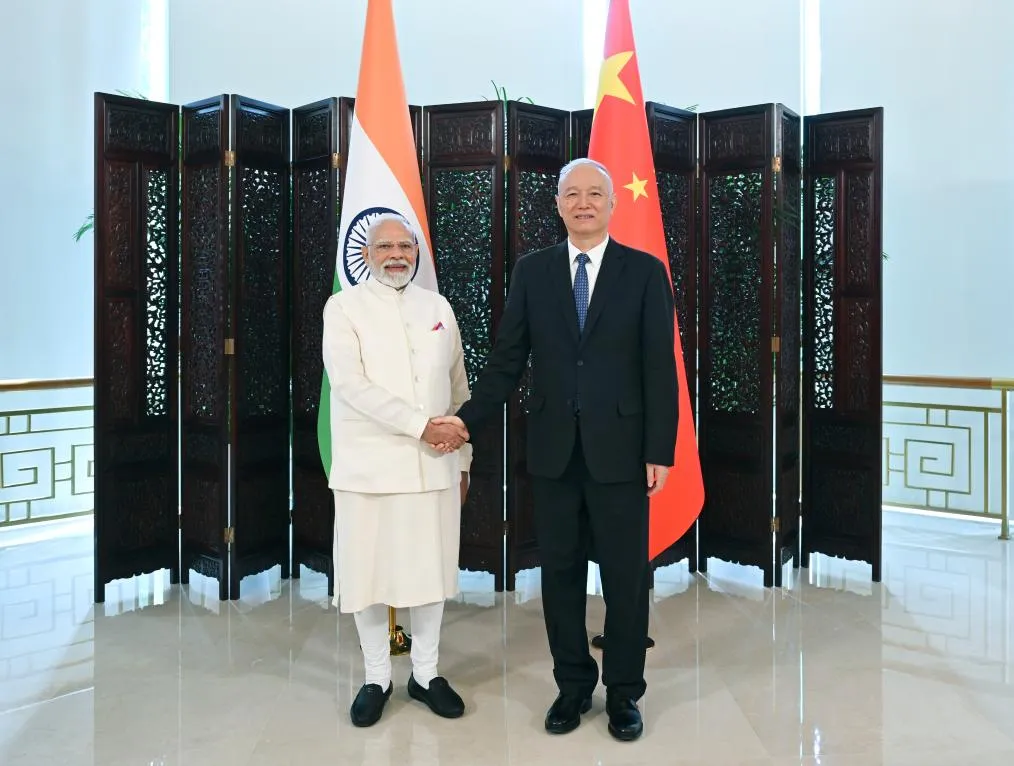

Beijing Signals New Implementation Channel for India Relations
Behind the choreographed handshakes of the August 31 summit in Tianjin, a less-publicized meeting may hold the true key to the future of India-China relations. While Prime Minister Narendra Modi’s discussion with President Xi Jinping captured global attention, his subsequent sit-down with Cai Qi, a top-ranking member of the Communist Party of China’s elite leadership, signals a significant shift in how Beijing intends to manage its engagement with New Delhi. The involvement of Cai, who directs the Party's powerful General Office, suggests that any potential "reset" in ties is being routed through the core of the Chinese political system, prioritizing direct implementation over traditional diplomatic channels.
This development moves the relationship beyond standard foreign ministry protocols and into the domain of the Party's central command. The General Office, often described as the nerve center of the Communist Party, is the primary body responsible for executing the leadership's directives across China's vast and complex bureaucracy. Its role is not to formulate policy but to ensure it is enacted without delay or obstruction. By placing the India file directly within this office’s purview, President Xi is sending a clear message: the consensus reached at the leadership level is intended to be translated into action, with one of his most trusted allies personally overseeing the process.
Who is Cai Qi?
Cai Qi’s position within China's political hierarchy cannot be overstated. He is one of only seven members of the Politburo Standing Committee, the apex of political power in the country. His long-standing proximity to Xi Jinping, forged over years working together in provincial posts, has culminated in his appointment to one of the most operationally critical roles in the government. The director of the General Office effectively functions as the president's chief of staff, managing the flow of information, coordinating between ministries, and ensuring the Party's instructions are followed to the letter. His involvement means that practical steps—from restarting direct flights to easing visa restrictions—can be pushed through the system by an office with the authority to cut through inter-departmental red tape.
Recalibrated Messaging and Tangible Goals
The diplomatic language emerging from the Tianjin meeting also points to a deliberate recalibration. Official statements introduced new phrasing, describing India and China as "development partners and not rivals" and asserting that their relationship "should not be seen through a third-country lens." This updated script, absent from readouts of previous encounters, appears to be a pointed signal, particularly in the context of recent trade friction between India and the United States. It suggests a desire from both sides to insulate their bilateral progress from external pressures.
More importantly, the discussions were anchored to a list of concrete priorities. These included the resumption of direct flights, which have been suspended for years; facilitation of visas for students, businesspeople, and pilgrims; the reopening of the Kailash Mansarovar Yatra; and a commitment to address India's substantial trade deficit with China. These are not abstract diplomatic goals but practical issues that require coordinated action from multiple government bodies. Cai Qi’s office is uniquely positioned to orchestrate this, creating a direct conduit from political will to on-the-ground reality. This new channel offers a mechanism for progress, but it also centralizes control, making the relationship’s trajectory heavily dependent on the calculus at the very top of China's leadership.
Highlights of a Renewed Partnership